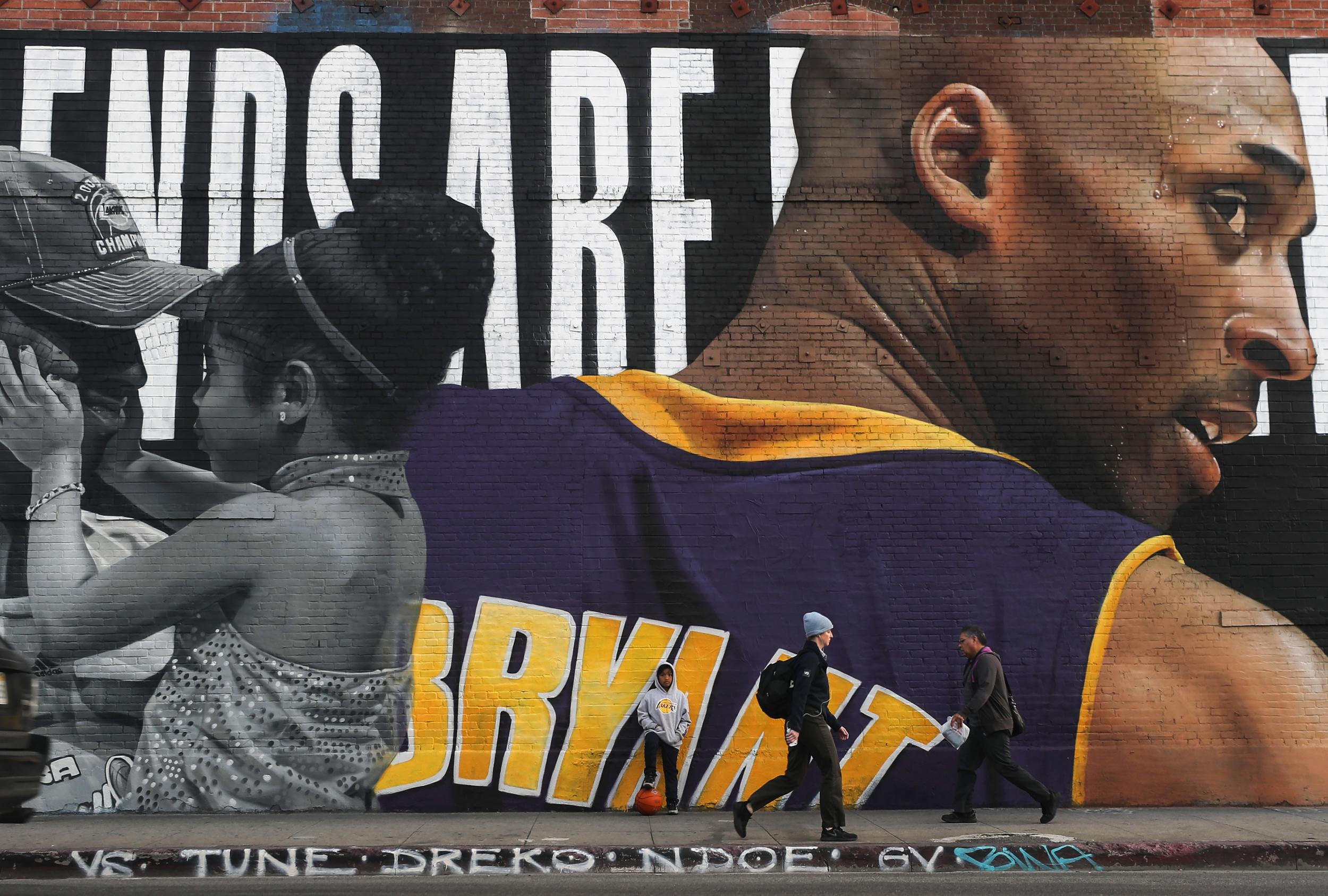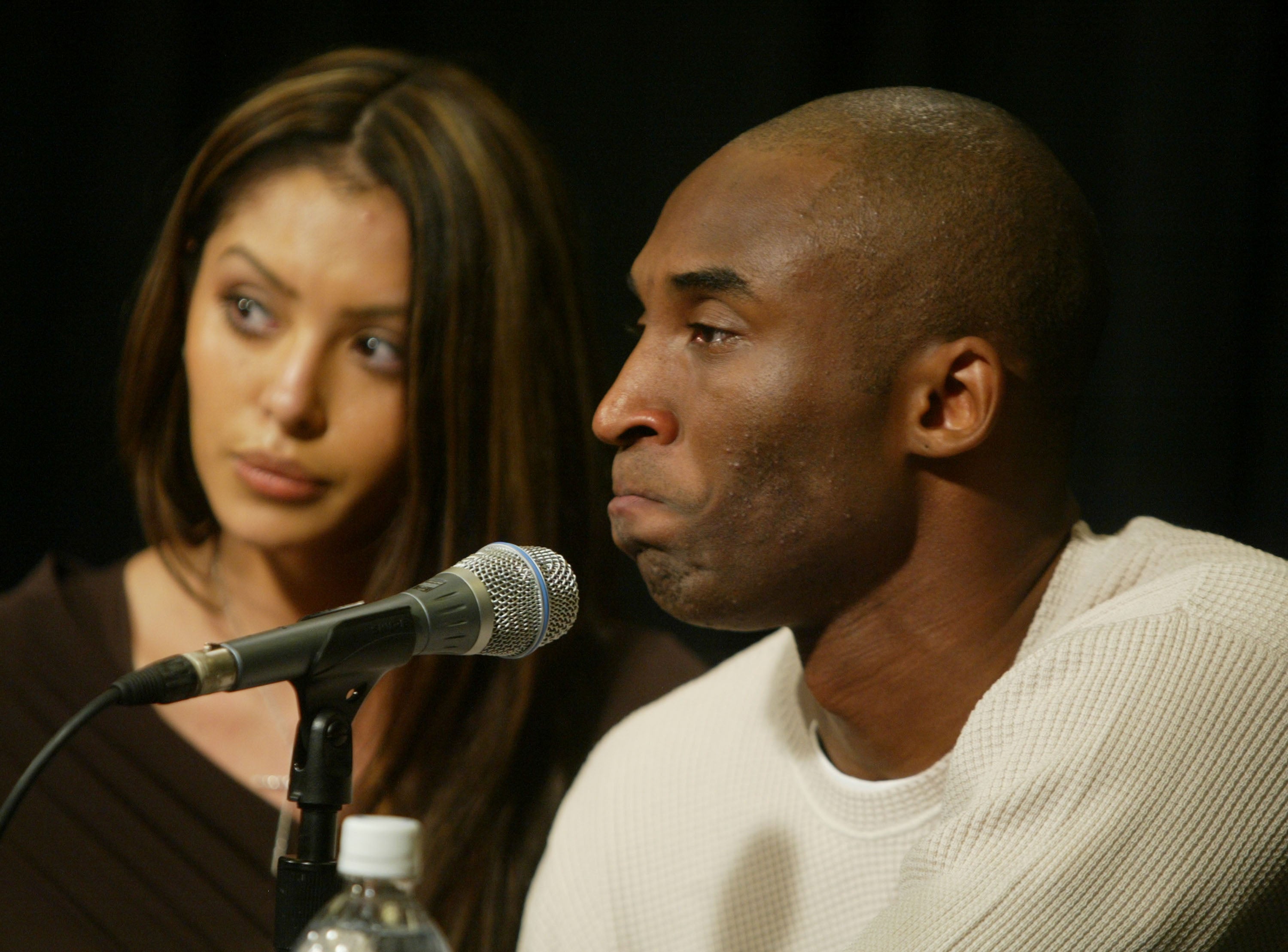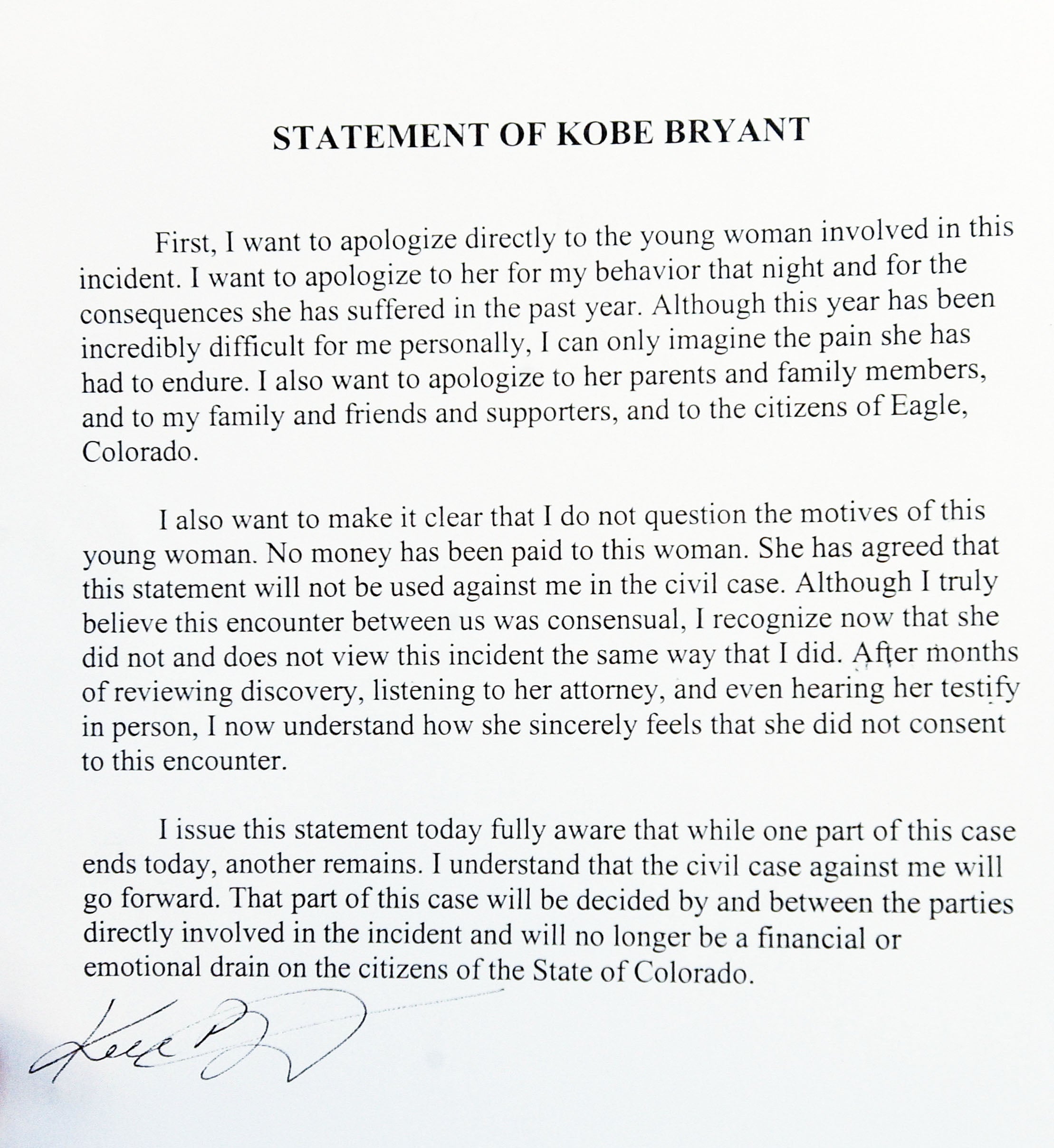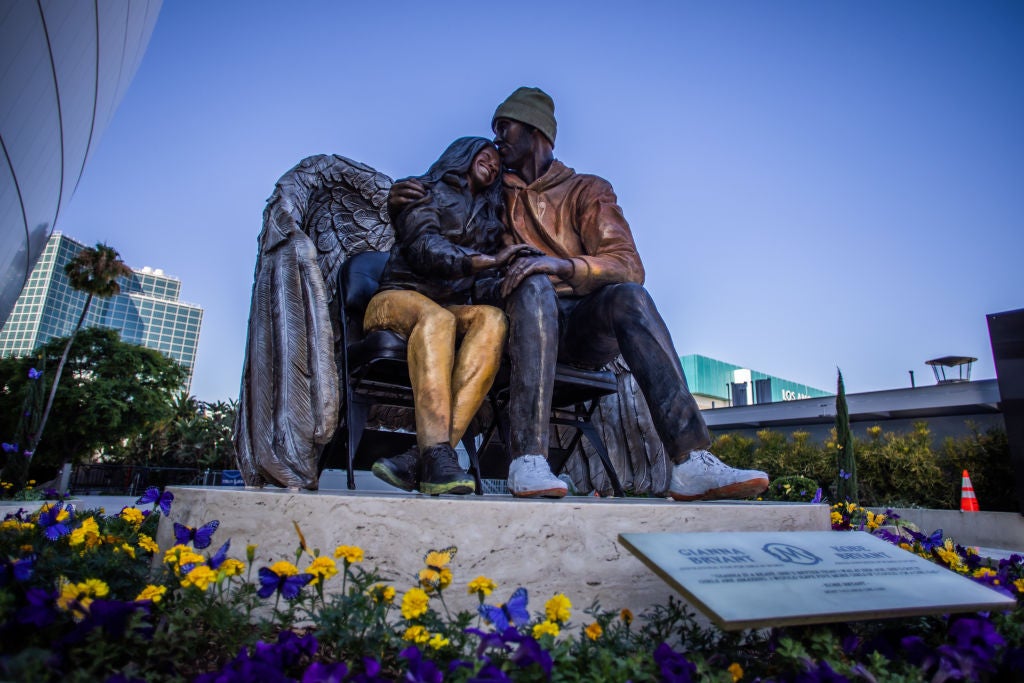When Kobe Bryant was killed in a helicopter crash in Calabasas five years ago this week, the city of Los Angeles was gripped by a shared state of disbelief.
Widely considered one of the greatest basketball players of all time, the 41-year-old was beloved locally as the rookie who had spent the entirety of his 20 year career with the LA Lakers. Soon walls across the city were plastered with murals commemorating Bryant and paying tribute to his incredible feats on the court —depicting him as somewhere between a god and an angel.

On Saturday (January 25) the first episode of a new three-part documentary, Kobe: The Making of a Legend, will air on CNN. The first installment of the in-depth series covers his childhood, his rise in youth basketball, and the marriage to his wife Vanessa that put him at loggerheads with his parents and closest advisors.
But it is the second episode, set to arrive on January 31, that will prove most controversial, as it includes details of a newly unearthed police interview with the 19-year-old hotel worker who accused Bryant of sexual assault in 2003.
At 24, Bryant was already a superstar when he checked into the Cordillera Lodge and Spa in June 2003. He was in the sleepy Colorado town of Eagle to undergo a minor knee surgery. His alleged victim was employed on the front desk of the hotel, and claims in the police interview that after showing the VIP guest to his room, he asked her for a personal tour. When they ended up back in his room, he asked her for a hug, then started kissing her. While that was consensual, she says that when Bryant started to grope her and she objected, she tried to break away and he grabbed her by the neck.
Her account of what happened next is chilling. In a victim’s statement, she says: “When he took off his pants, that’s when I started to kinda back up, and to push his hands off me, and that’s when he started to choke me.” Asked by a police detective how hard he was choking her, she replies in video seen now for the first time: “He wasn’t choking me enough that I couldn’t breathe, just choking me to the point I was scared.” She also tells detectives that she repeatedly told Bryant “no”. When they ask how she can be sure he heard her, she responds: “Because every time I said ‘no’ he tightened his hold, around me.”
The documentary also quotes from police interviews with Bryant himself, who initially denies having sex with the young woman. After making it clear that all he really cares about is his wife not finding out, he eventually admits that he did have sex with her and that he did have his hands around her neck. “I had my right hand like this and my other hand like that,” he tells police. Asked how hard he was holding her, he responds: “I don’t know. My hands are strong. I don’t know.”

When Bryant was arrested and charged with sexual assault, an immediate media circus descended on the tiny Colorado town. Bryant’s lawyers staged a press conference where he denied the assault but admitted to having sex with the young woman. Hand-in-hand with Vanessa, he told reporters he was “furious with myself, disgusted at myself for making a mistake of adultery.” He adds that he loves his wife with all his heart. “She’s my backbone,” he says, before turning to her and saying: “You’re a blessing.”
What’s clear from the footage of the press conference is how terrified Bryant is. He knew that if convicted he faced going to prison for a minimum of four years, taking him away from his wife, his five-month old daughter and stopping his basketball career in its tracks.
Public opinion, however, was firmly in Bryant’s favor. Just 14 days after being charged, he won Male Athlete of the Year at the Teen Choice Awards and the crowd went wild in support. There were similar scenes outside the courtroom when the trial began in August 2003, with huge TV coverage and throngs of screaming fans and supporters. District Attorney Mark Hurlbert was confident he could convict, even while acknowledging that the entire budget for the DA’s office for a year ($2 million) was only half what Bryant spent on a diamond ring for his wife ($4 million), apparently by way of apology.

Despite being told not to identify the victim, Bryant’s lawyer Pamela Mackey named her six times in court as the trial opened (Mackey declined to be interviewed for the CNN documentary). The alleged victim was hounded by the press, received death threats and was expected to discuss her sexual history in court.
By September 2004 the trial had collapsed, with the judge dismissing the charges after the alleged victim said she was unwilling to testify. She filed a civil lawsuit against Bryant, and in March 2005 the two parties settled out of court for an undisclosed fee thought to be in excess of $2.5 million.
Throughout the trial, basketball commentators framed Bryant’s troubles as an adversity for him to overcome, rather than a crime he was accused of committing. In the documentary, journalists and friends argue that Bryant used the negative attention he received to fuel his rise to even greater heights and helped inspire the ferocious “Black Mamba” nickname he gave himself. ESPN’s Scoop Jackson, who knew Bryant well, argues that a “switch was flipped and the Black Mamba was born.”
Off the court, Bryant had a second daughter with Vanessa in 2006. His wife filed for divorce citing “irreconcilable differences” in 2011, but by 2013 they had recommitted to the marriage and announced on social media they were staying together.

The couple had two more daughters in 2016 and 2019, and Bryant rebuilt his reputation as a dedicated family man. When he was killed in the crash alongside his 13-year-old daughter Gianna, the pair were on their way to his Mamba Sports Academy where he was set to coach her basketball team.
In the end, the 2003 incident did little to prevent him being hailed as a hero after his untimely death, but as The Making of a Legend makes clear, it continues to complicate his legacy.
Kobe: The Making of a Legend will air weekly on Saturdays on CNN from January 25.







